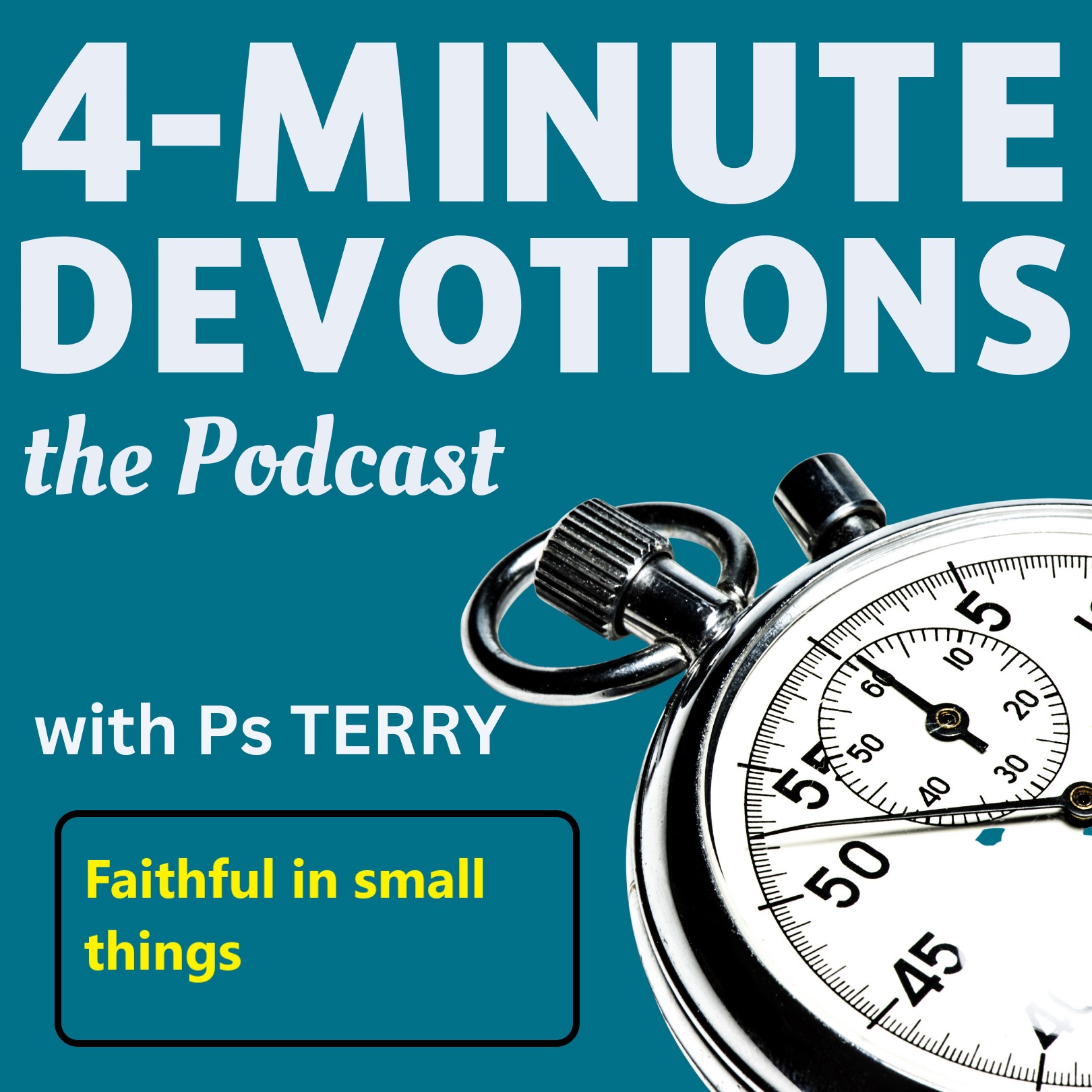After Joseph (of technicolour dream coat fame) had been in an Egyptian prison for some time, we read that he had an unusual conversation with two of Pharaoh’s officials.
Both had been forced into custody following an offense with their master and one morning they woke up, each one remembering a vivid dream. As they relayed their dreams to the young Hebrew, Joseph was able to interpret them. With chilling accuracy.
Within 3 days, the Egyptian king called for his officials to be released from their chains, one being restored to his original position in the court, the other to be executed. Joseph’s predictions had not only come true, but they were correct even to the details as to how the executed man will die.
Joseph was not a popular brother growing up among members of his family. He was clearly daddy’s favourite and there were times when humility and wisdom might have gone a long way. Some would likely have called him arrogant, but one thing rings clear throughout the biblical narrative and that is that he had a call on his life. God had purposes for him, and he knew it.
So, when he found himself confined in a foreign jail, he must have wondered about God’s plans for him. Were they all in his imagination? Were the dreams he had as a teenager just silly dreams, meaning nothing? Did hope evaporate years ago?
One thing that impresses me, though, about Joseph in this story is his attitude to God and his attitude to others. As hard as it must have been from him to live for so long in basic prison conditions, he does not appear to be self-focussed. It is Joseph who notices that Pharaohs officials are troubled as they reflect on their respective dreams. He then takes the trouble to ask, “Why do you look so sad today?” (Gen 40: 7).
When they told him their predicament that they knew of no-one to help them understand their dreams, Joseph was quick to offer help.
But he was also quick to give glory to God. “Do not interpretations belong to God? Tell me your dreams.” (Gen 40: 8).
Joseph could have made any number of self-serving decisions that day. He could have been so absorbed in his problems that he failed to notice burdens others were carrying. He might have seen the concerned looks on the faces of his fellow prisoners but then choose to look away and ignore them. He might have helped them interpret the dreams but then claim that his skills came from his own cleverness and greatness.
Instead, Joseph, chose to care for those around him and give glory to God. I think God saw that. I think God saw that Joseph was faithful to sense The Lord’s promptings away from the limelight and do His will.
On that day, the favourite son of Jacob was faithful in small things, and if you know the end of the story, we know that God eventually trusted him with a ministry the size of the nation.
The master in Jesus’ Parable of the Talents says to one of the servants, “Well done, good and faithful servant! You have been faithful with a few things; I will put you in charge of many things. Come and share your master’s happiness!” (Matt 25: 21)
I believe that is the heart of God towards us as we seek to be faithful to Him in the small things of life.


